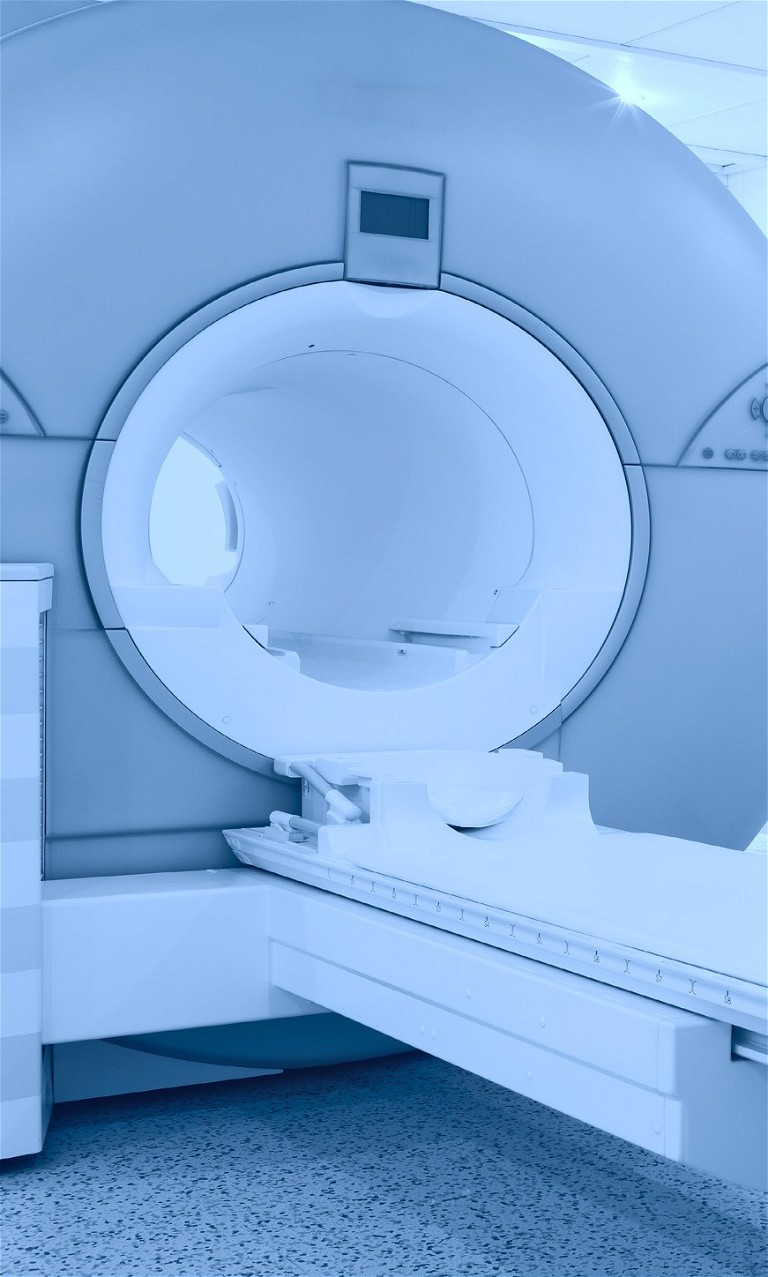Research & Development
NICE publishes draft guidance surrounding the use of AI use in radiotherapy treatment planning

The National Institute for Health and Care Excellence (NICE) has shared draft guidance surrounding nine artificial intelligence (AI) technologies that can be used to speed up the planning of treatments for patients undergoing external beam radiotherapy for cancers including lung, prostate and colorectal.
The technologies are intended to decrease the time it takes to produce ‘contours’ or outlines of healthy organs so the cancer is targeted while nearby cells are avoided. It is hoped that this will save both money and time, allowing healthcare professionals (HCPs) to spend more time with patients, however the guidance has stated that all AI-created contours must be reviewed by a trained HCP before being used in treatment planning.
Clinical experts have suggested that the technology could save between ten and 30 minutes per plan depending on the amount of editing it requires, however further clinical evidence suggests this may range from between three and 80 minutes saved per plan.
Steve Barclay, health and social care secretary, stated: “It’s hugely encouraging to see the first positive recommendation for AI technologies from a NICE committee, as I’ve been clear the NHS must embrace innovation to keep fit for the future. These tools have the potential to improve efficiency and save clinicians’ thousands of hours of time that can be spent on patient care. Smart use of tech is a key part of our NHS Long Term Workforce Plan, and we’re establishing an expert group to work through what skills and training NHS staff may need to make best use of AI.”
“NHS colleagues working on the front line in radiotherapy departments are under severe pressure, with thousands of people waiting for scans,” commented Sarah Byron, programme director for health technologies at NICE. “The role imaging plays in radiotherapy treatment planning is quite pivotal, so recommending the use of AI technologies to help support treatment planning alongside clinical oversight by a trained healthcare professional couldsavebothtimeandmoney. These technologies could decrease the time required to complete a plan so they are able to use their expertise planning the most complex of cases of radiotherapy or free up time to deal with other patient-facing tasks. We will continue to focus on what matters most, and the recommendations made by our independent committee can help to bring waiting lists down for those needing radiotherapy treatment.”